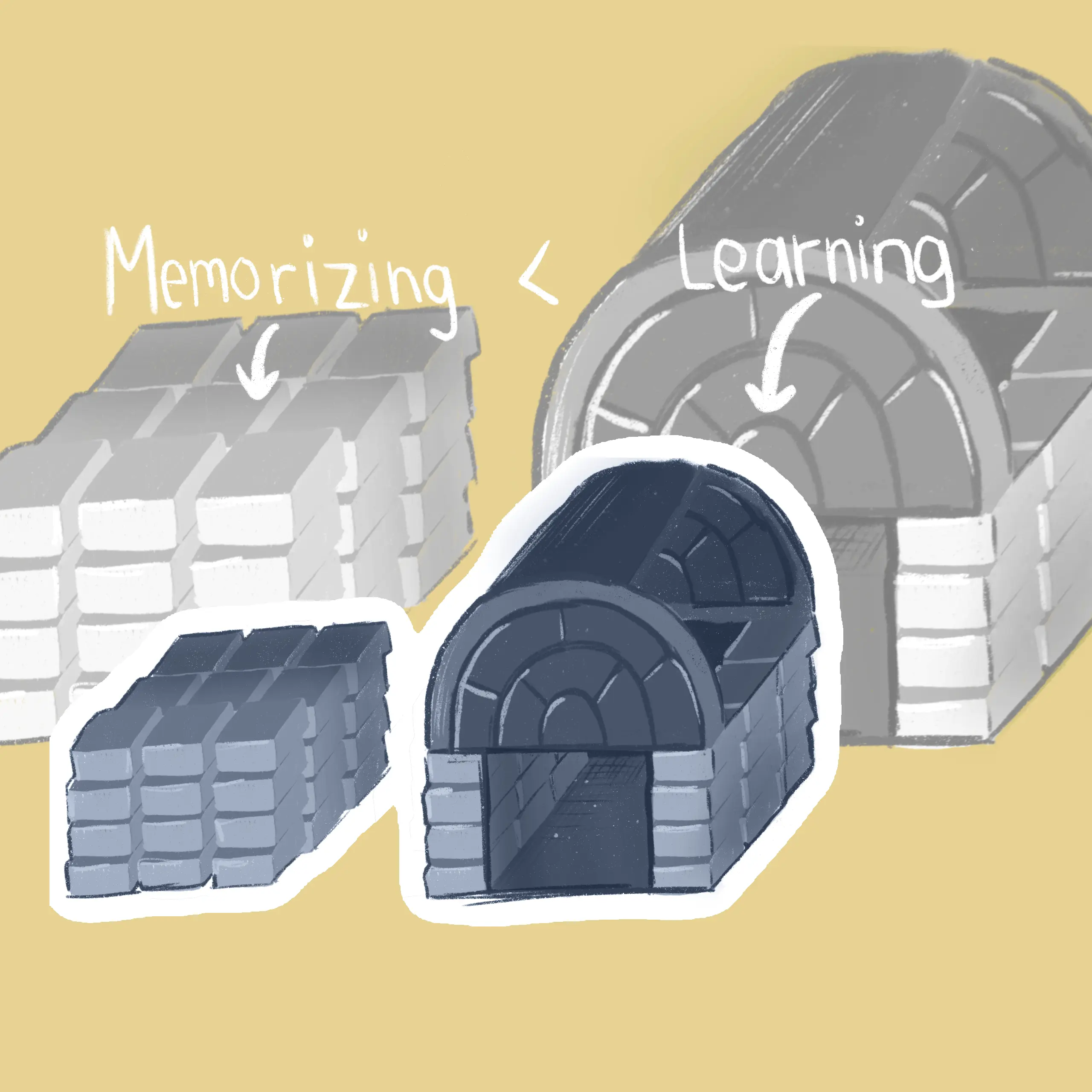By Mudit Jha | 24th February, 2022
When you're talking about revision two very common misconceptions and techniques arise. These misconceptions are that rereading and going over notes over and over again is the best method of revision and knowledge retention. However, in reality, rereading creates a false assumption of mastery; it creates an illusion of productive learning and a short-term understanding that we end up forgetting in the long run.

The best way to avoid this illusion of mastery is by adopting research-driven strategies that don’t rely on assumptions and common beliefs.
Backed by Research!
This can easily be tested by taking quizzes as shown by research.
In a controlled environment, two students are given the same amount of time to learn a new concept and prepare for a test afterward. Student A uses a revision and rereading methodology, while Student B uses quizzing and active recall. Student A who built a strong foundation by recalling and recalibrating his brain frequently performed much better than student B who built familiarity with the text but failed to retain information and solidify understanding.
As a result, this experiment proves that rereading is a passive action. The brain is more effective when it is actively being used to recall and retrieve information.

The notion of active recall and constant testing can be seen in other fields as well, such as aviation. A pilot might have a one in a million chance of being placed in a dangerous situation on an actual flight, but if the pilot fails to recall and act according to his training, he would risk everything.
This is why pilots constantly train and test on simulators even after they have been piloting for years- because unless you’re constantly renewing and updating your brain about every possible situation, you run a risk of crashing
a plane, due to the plain lack of practice.
👉Think of testing as a tool of learning rather than a tool to MEASURE learning.

In Conclusion
The takeaway here is to avoid tricking the brain into false mastery by adopting productive and proven strategies of testing and active-spaced repletion. Memorizing is equivalent to stockpiling materials for building a house, but finishing
that house requires knowledge, experience, and understanding of the material. “Knowledge: Not sufficient, but necessary”
More Reading - Make it stick : The science of successful learning by Peter C. Brown


FIND US ON: